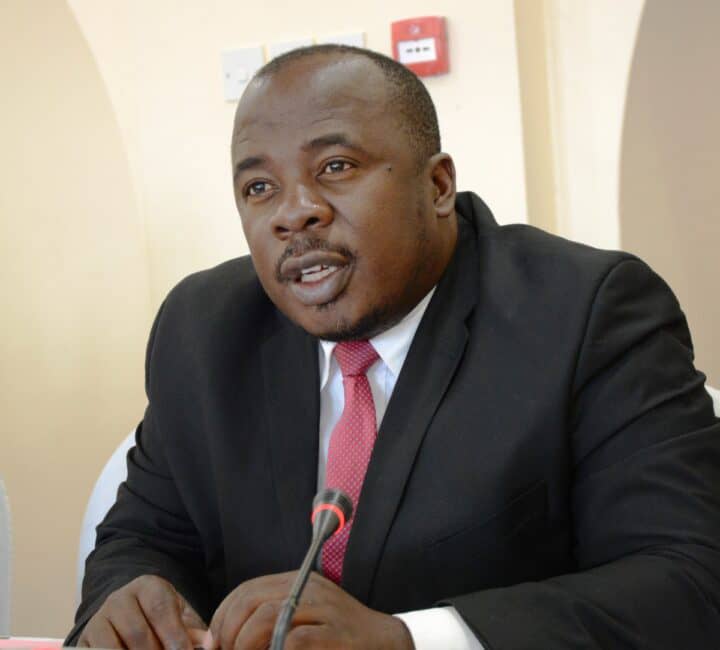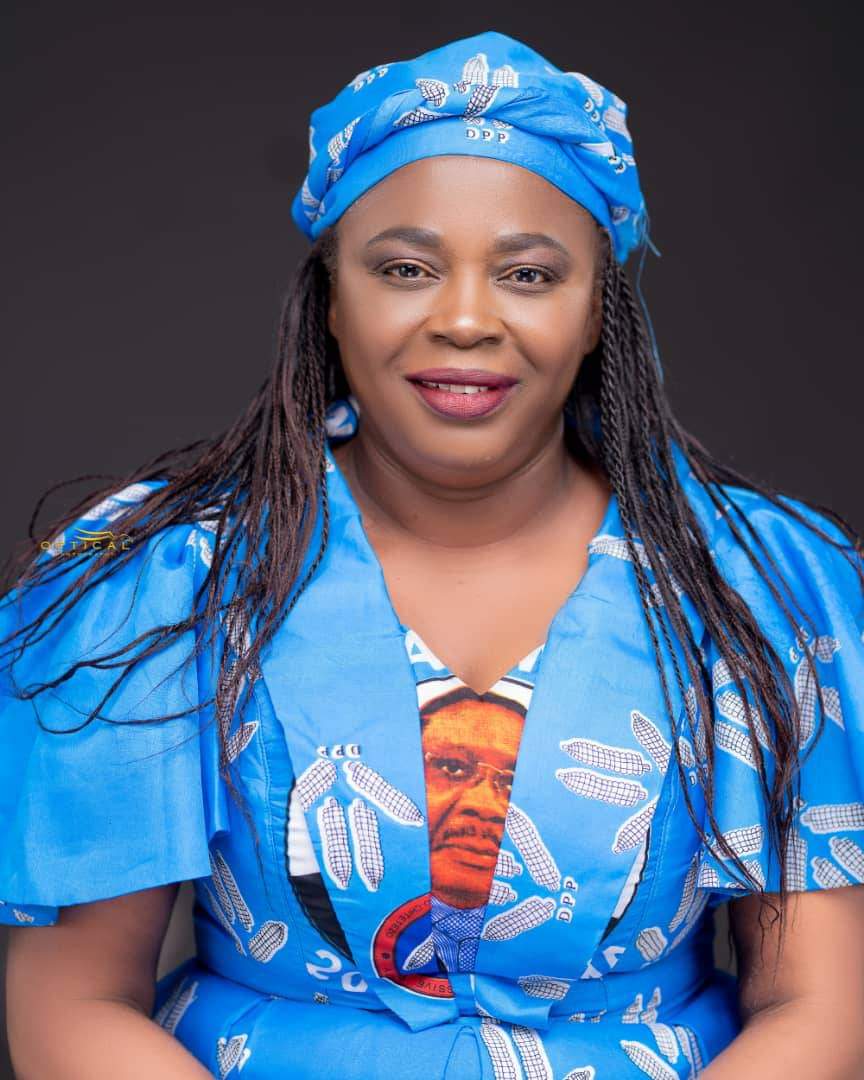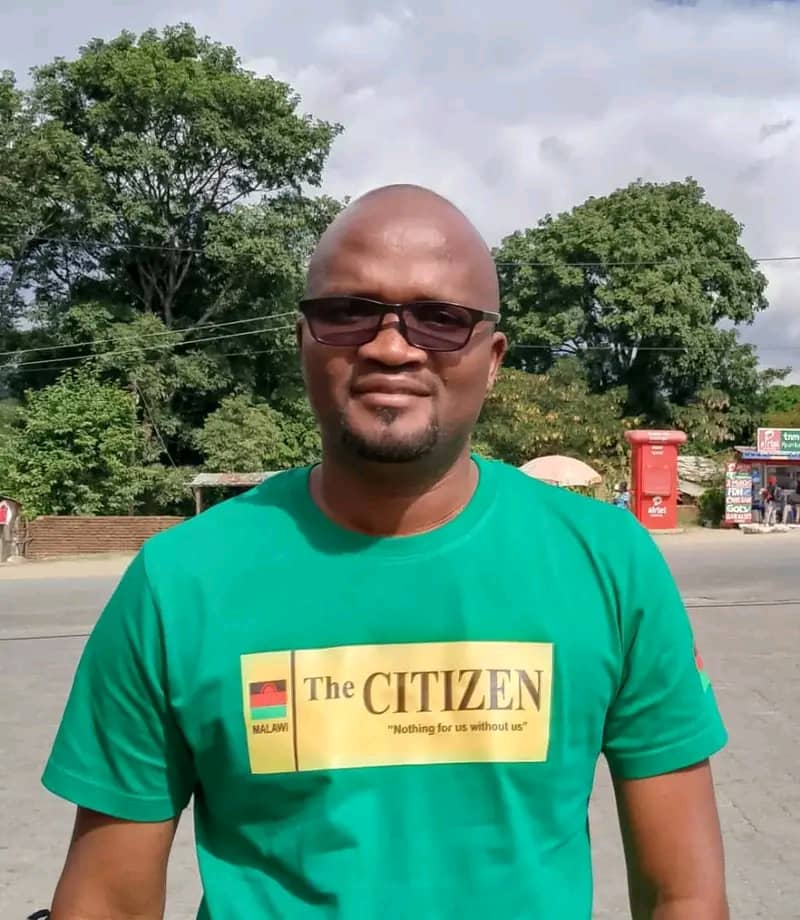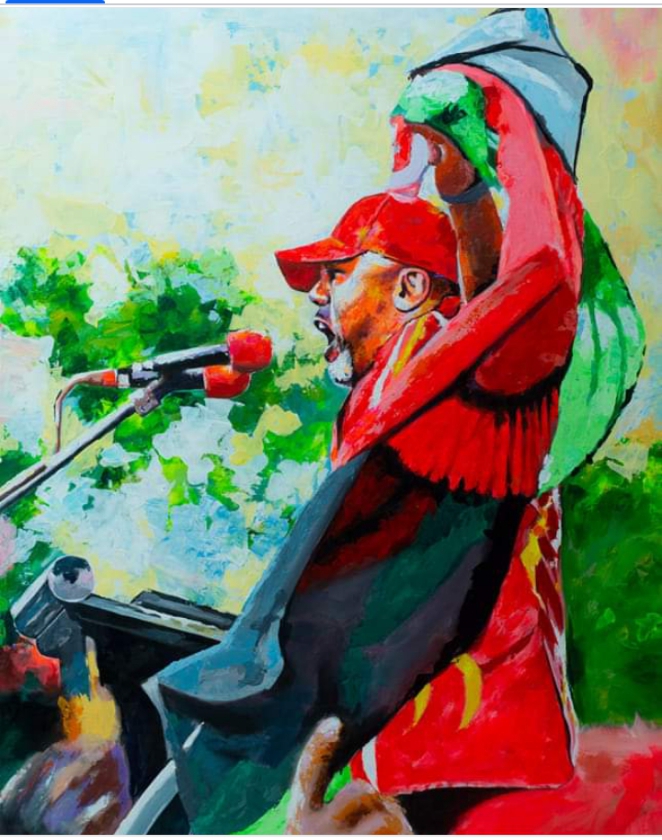By Burnett Munthali
Lilongwe, Malawi – A heated exchange has erupted between the opposition Democratic Progressive Party (DPP) and the ruling Malawi Congress Party (MCP) over allegations of inciting political violence. The verbal war follows recent comments made by party leaders from both sides, further deepening political tensions in the country.
At a press briefing held in Lilongwe, MCP Secretary General Richard Chimwendo Banda accused certain DPP members of making inflammatory remarks intended to incite violence. Banda specifically pointed to comments made by DPP’s Eastern Region Governor, Daudi Chikwanje, who is reported to have urged DPP supporters to engage in acts of mob justice as a means of political retaliation.
“These reckless remarks from Daudi Chikwanje are dangerous and a threat to peace and stability in Malawi,” Banda said. “We cannot allow any political party or individual to promote violence in our democracy. The DPP must take responsibility for their actions and ensure that their members respect the rule of law.”
Banda’s remarks came in response to increasing reports of political skirmishes and rising tensions between the two parties, which have seen clashes between supporters in various parts of the country. MCP insists that DPP leaders are encouraging hostility rather than promoting dialogue and peace.
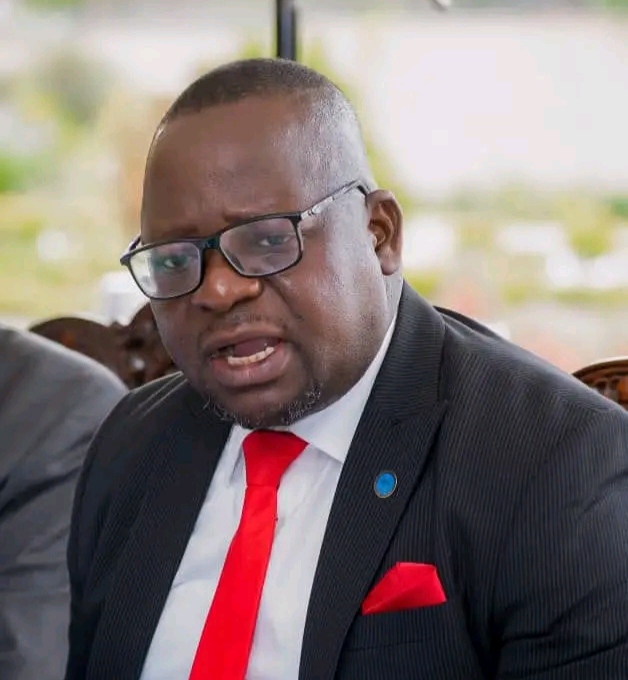
In response, Shadric Namalomba, DPP’s spokesperson, acknowledged that the party would issue a formal statement on the matter. However, he was quick to turn the criticism back on the ruling party, stating that the MCP must also take responsibility for incidents of political violence allegedly perpetrated by its own members.
“We will respond appropriately, but the MCP must lead by example,” Namalomba said. “It is not enough to point fingers at the DPP when there are elements within the MCP inciting violence. The government should start by condemning those in their ranks who are promoting conflict and lawlessness.”
Namalomba’s response reflects the growing frustration within the DPP, which has accused the MCP of using state institutions to target opposition members unfairly, while ignoring misconduct within its own party. The opposition party claims that the ruling party is engaging in selective justice and using the police to clamp down on its activities.
The exchange between the two political rivals has further polarized the political atmosphere in Malawi, with both sides blaming each other for fueling unrest. Political analysts have warned that such rhetoric, if unchecked, could lead to a dangerous escalation of violence as the country prepares for future elections.
Several human rights groups have called for calm, urging political leaders from both the DPP and MCP to refrain from making statements that could inflame tensions. “Malawi cannot afford to see a rise in political violence,” one rights advocate commented. “Both parties need to take responsibility and encourage their supporters to engage in peaceful discourse.”
As the political spat continues, many Malawians are left concerned about the potential for unrest, particularly in hotspots where clashes between political supporters have occurred in the past. Calls for dialogue between the two parties have grown louder, with hopes that cooler heads will prevail to maintain the country’s democratic stability.
The situation remains tense, and all eyes are on how the leadership of both parties will navigate the growing crisis in the days ahead.

